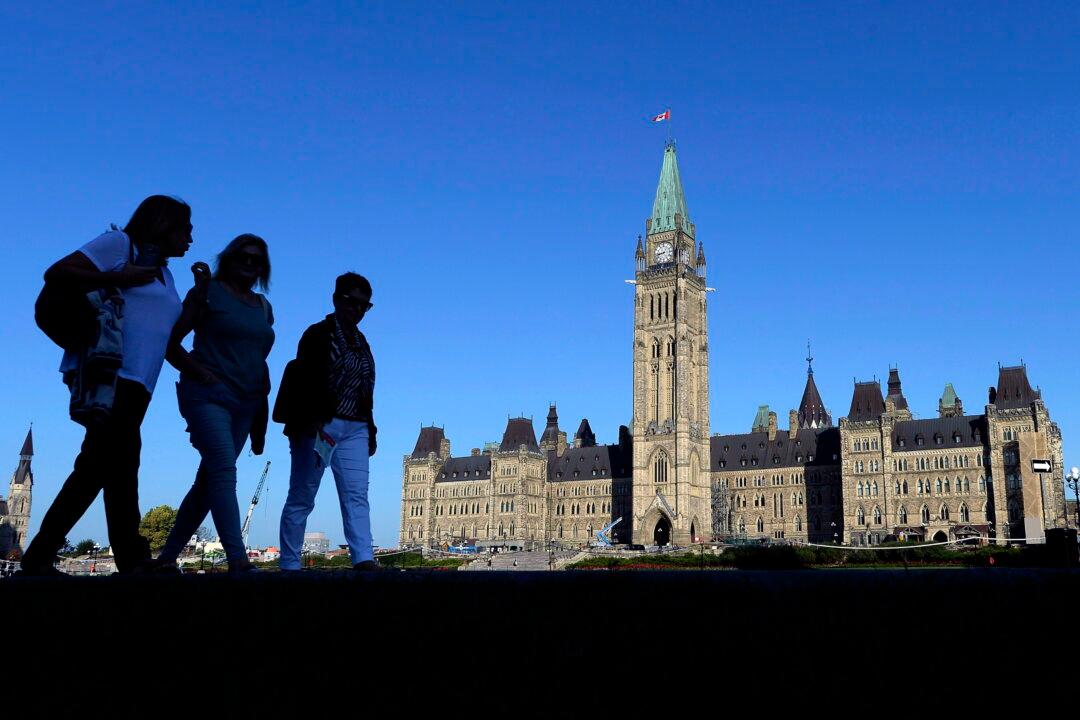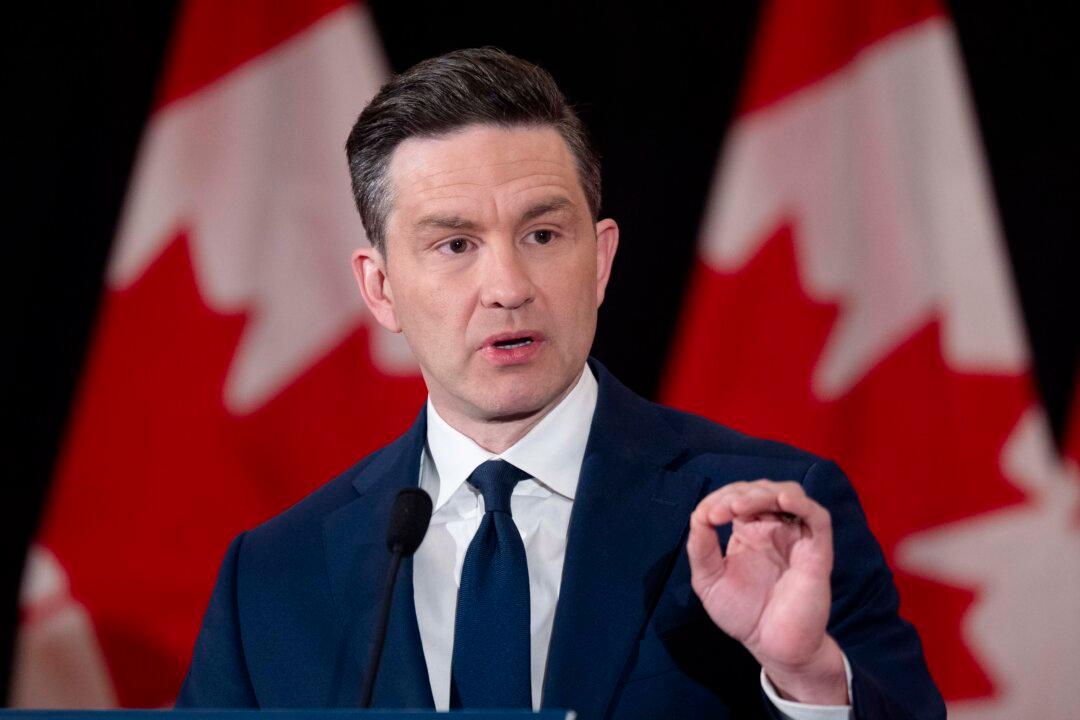Jim Nickel, chargé d’affaires in Beijing, has been appointed by Ottawa to become the next executive director of the Canadian Trade Office in Taipei, whose mission is to represent Canada’s interests in Taiwan in “the absence of formal diplomatic relations.”
Canada’s current policy with Taiwan does not acknowledge its sovereignty and does not maintain official diplomatic relations with it.
Guy Saint-Jacques, former Canadian ambassador to China, says the arrangement for Nickel to take on the new role is a “good move” by the federal government.
“It’s a good move because Jim will be one of the more senior guys we’ve sent to Taipei, and because of his experience in Beijing, I think he will be an important person to provide advice back to Ottawa,” he told the Globe.
Beijing’s Threats
Beijing has long considered Taiwan to be a breakaway province, despite the fact that Taiwan is a de facto independent country. Since March 2019, the Chinese regime has been ramping up military aggression in Taiwan, sending military aircraft into the island’s Air Defense Identification Zone.“We urge the Canadian side to abide by the ‘One China’ principle and respect China’s sovereignty and territorial integrity,” the Chinese Embassy in Canada said in a statement.
In response to Beijing’s warning, Sgro said at the time the trip would focus on trade and that the lawmakers’ intent was not to disrupt and cause problems for Taiwan or with China.
In an interview with the Globe, Sgro acknowledged that the Chinese Embassy had lodged a formal complaint against them but said Canadian MPs would not bend to Beijing.
“[China] have complained before and I know they have complained this time but I don’t think we should be bullied by anybody,” she said.
“We are enhancing democracy and respect for democracy and building relationships. We are not going there to comment on what China does.”





